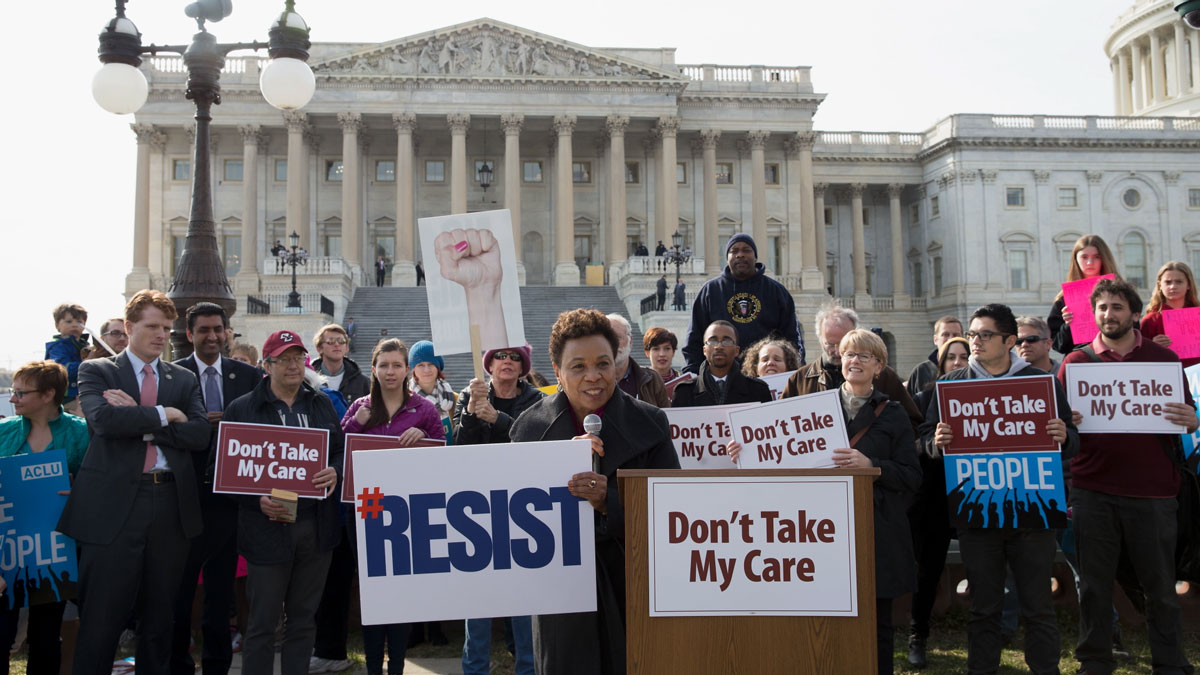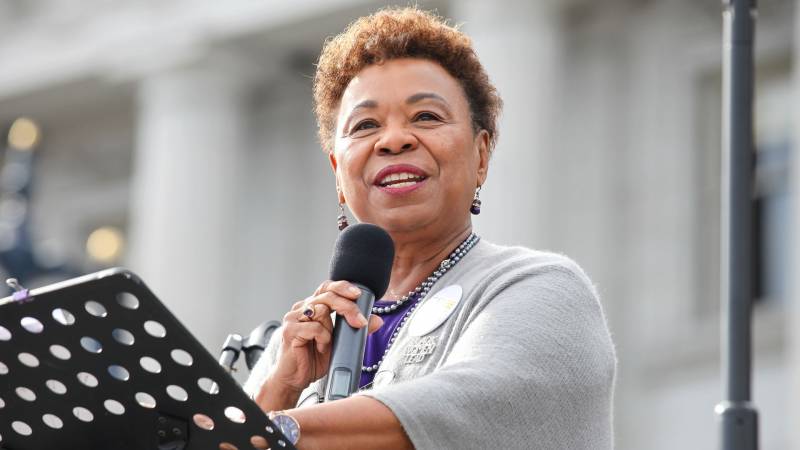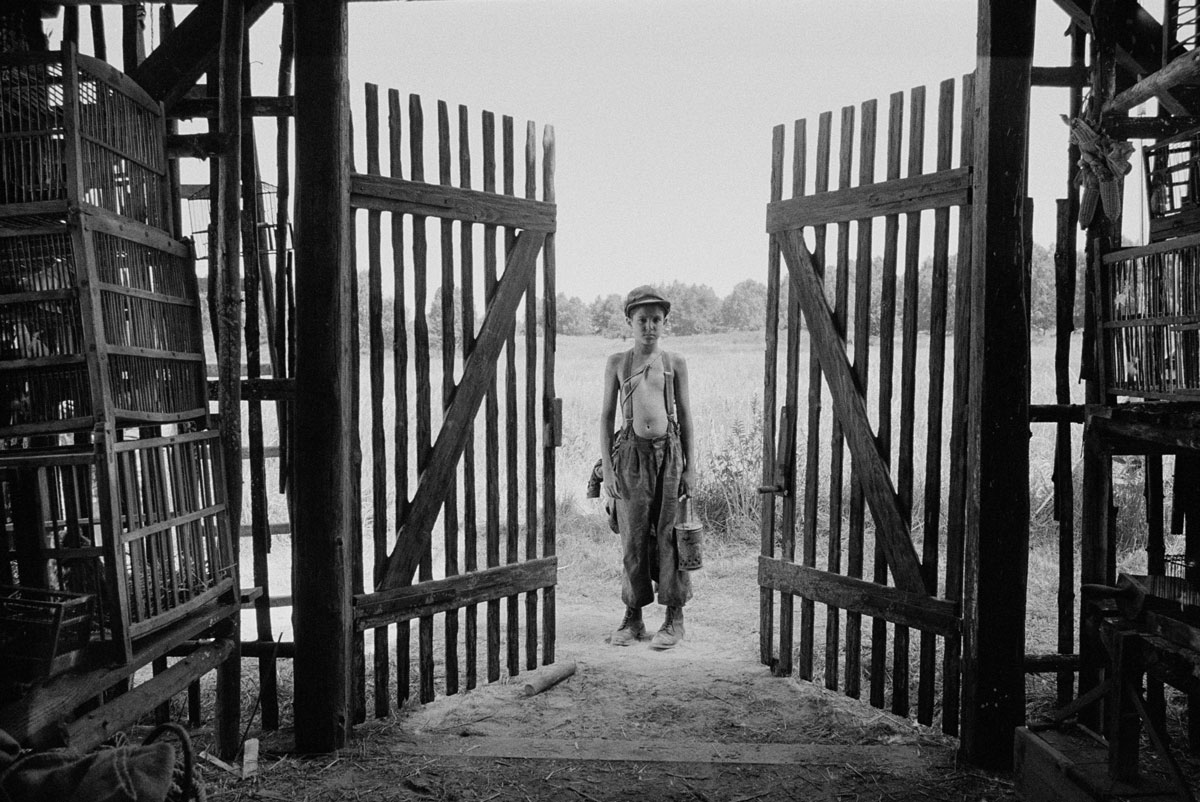These days it feels like we’re in the middle of a Hitchcock movie. Hitch’s great innovation was to shock us with evil in broad daylight, then surround and compound the horror with mass complacency. Think of the predatory Uncle Charlie (Joseph Cotten) chatting casually in a Santa Rosa sitting room in Shadow of a Doubt, or the equally charming serial killer Robert Rusk (Barry Foster) circling a travel agent in her office while London traffic bustles obliviously one floor below in Frenzy.
As they say in Whitechapel, if the metaphor fits, wear it. On the other hand, if your inclination is toward optimism, or better yet resistance, this week brings films to buoy your spirits.
Cinegogue Summer Days
July 16–19
West Wind Drive-Ins, online
Back in mid-April, the Jewish Film Institute announced the postponement of the annual San Francisco Jewish Film Festival from late July to November. While the country steadily devolved day after idiotic day, the festival world sorted out a serviceable alternative to in-person screenings consisting of drive-ins, online viewing and live and prerecorded Q&As.
Cinegogue Summer Days opens July 16 with side-by-side screenings at Concord’s West Wind Solano Drive-In of Abby Ginzberg’s eagerly awaited Truth to Power: Barbara Lee Speaks for Me and Oren Jacoby’s On Broadway, a behind-the-curtain salute to the Great White Way and, implicitly, New York City’s resilience, (On Broadway also plays the San Jose’s West Wind Capitol Drive-In.) Remarkably, these films and the new restoration of the 1919 Sholem Aleichem adaptation Broken Barriers on July 18 are the only events requiring a paid ticket.

After a woozy opening, Truth to Power: Barbara Lee Speaks for Me snaps into focus with an in-depth recap of the East Bay Congresswoman’s gutsy dissenting vote in the post-9/11 rush to give President George W. Bush broad war powers. Every year thereafter, Lee introduced a resolution to repeal the Authorization for Use of Military Force and in 2019—in both a validation of the rightness of her vote and a reflection of her ability to win support across the ideological spectrum—the House passed her bill.



